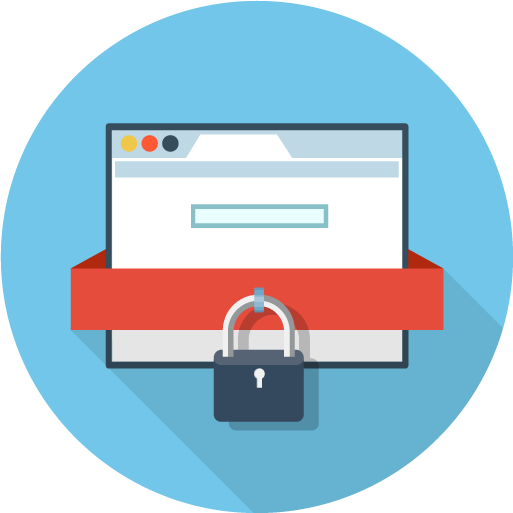Accreditation at EPFL

Direct access to Accred
Reserved for the rightful owners
To access Accred, you must be an accreditor of a unit or own a role in a unit. If necessary, it is possible to request access from the owner of the Admin IT or Admin Manager role in their unit. Please contact the service desk [email protected] for this.
Accreditation is EPFL’s eponymous online application that manages access authorizations to certain EPFL resources. Developed in the form of a database, it allows the management and follow-up of accreditations, rights and roles of any person affiliated with EPFL, allowing them to access various services provided by the school. Thus, Accreditation allows:
- Access authorizations to certain computer resources
- Maintaining an up-to-date database of all persons attached to EPFL
- Management of roles and rights
Accred is the tool for managing the affiliations of people to the units where they work. Each affiliation is also associated with a status, rights and the position that the person has in the unit. This is what we call an accreditation.
Accred is automatically fed with data from Human Resources, Academic Services and the SCIPER (Central Server for the Identification of Persons) digital identity register. It is also fed manually by the accreditors within the Faculties and the Vice-presidencies.
The objectives of the accreditation are to have a system allowing to establish and manage in a decentralized way the permanently updated accesses of the persons known at EPFL. It authorizes these persons, according to their status and their attachment to a unit or a section, to access the various services (Gaspar account, email address, automatic distribution lists, CAMIPRO card, web directory,…) provided by the different services of the School.
Main features :
- Define the affiliation of a person to his or her unit(s) ;
- Give a person one or more roles;
- Give one or more rights to a person;
- Allow a service to view an individual’s rights;